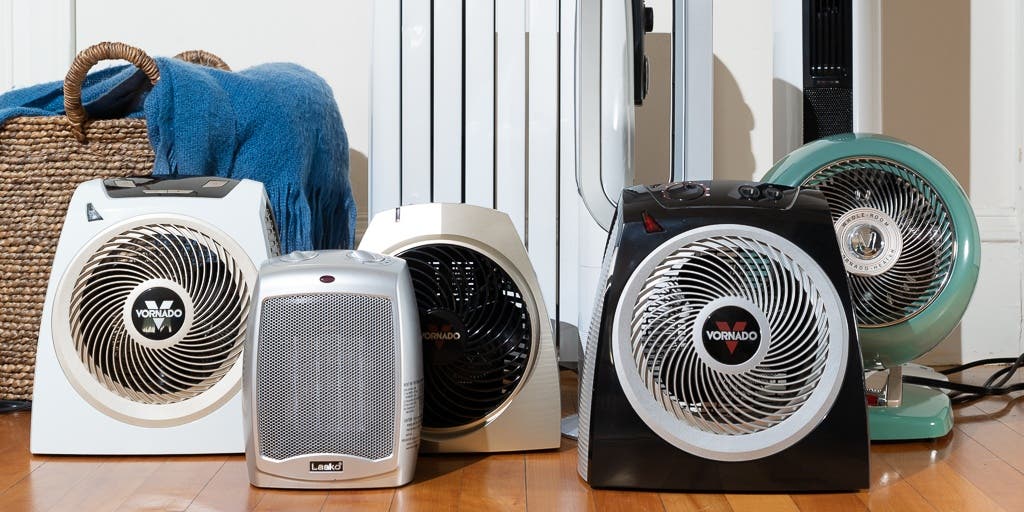
Heaters are essential for keeping our spaces warm and comfortable, especially during the colder months. However, with the increasing focus on energy efficiency and sustainability, it is important to choose a heater that not only provides ample warmth but also helps save energy and reduce utility costs. In this guide, we will discuss how to select the best energy-saving heater for your space.
Types of Energy-Saving Heaters
Electric Heaters
- Electric heaters are known for their energy efficiency as they convert nearly all the electricity they consume into heat.
- They are ideal for smaller spaces or for spot heating in specific areas of a room.
- Look for electric heaters with programmable thermostats and timers to optimize energy use.
Oil-Filled Radiator Heaters
- Oil-filled radiator heaters are great for providing consistent heat over a longer period.
- They are energy efficient as the oil retains heat well, allowing the heater to run on lower power settings.
- These heaters are best suited for medium to large rooms that require sustained heating.
Portable Infrared Heaters
- Infrared heaters work by heating objects and people directly, making them a more efficient option compared to traditional heaters that heat the air.
- They are ideal for quick heating in small to medium-sized rooms.
- Look for models with adjustable heat settings and programmable timers for better energy management.
Factors to Consider When Choosing an Energy-Saving Heater
Size of the Room
- Determine the square footage of the room you need to heat as this will help you choose the right size and type of heater.
- Over or under-sizing a heater can lead to inefficient energy use and discomfort.
Energy Efficiency
- Look for heaters with high energy efficiency ratings to ensure optimal performance while minimizing energy consumption.
- Check for features like programmable thermostats, eco modes, and energy-saving settings.
Portability and Placement
- If you need to move the heater between rooms frequently, opt for a portable and lightweight model.
- Consider the layout of your space and choose a heater with the right placement options for efficient heat distribution.
Noise Level
- Some heaters can be noisy, which may be a concern if you plan to use them in a quiet environment like a bedroom or office.
- Look for heaters with low decibel levels or noise-reducing features for silent operation.
Tips for Maximizing Energy Savings with Your Heater
Set the Thermostat Wisely
- Avoid overheating the room by setting the thermostat to a comfortable temperature rather than cranking it up too high.
- Consider using a programmable thermostat to adjust the temperature based on your schedule.
Zone Heating
- Instead of heating the entire house, focus on heating the rooms you use the most with individual heaters for better energy savings.
- Close doors and use draft stoppers to contain the heat in specific areas.
Maintain Your Heater
- Regular maintenance such as cleaning the filter and checking for any obstructions can help your heater run more efficiently.
- Keep the area around the heater clear to prevent any safety hazards or airflow restrictions.
Conclusion
Choosing an energy-saving heater for your space involves considering factors such as the type of heater, size of the room, energy efficiency, portability, and noise level. By selecting a heater that meets your specific needs and adopting energy-saving practices, you can stay warm and comfortable while reducing your energy consumption and utility costs.
